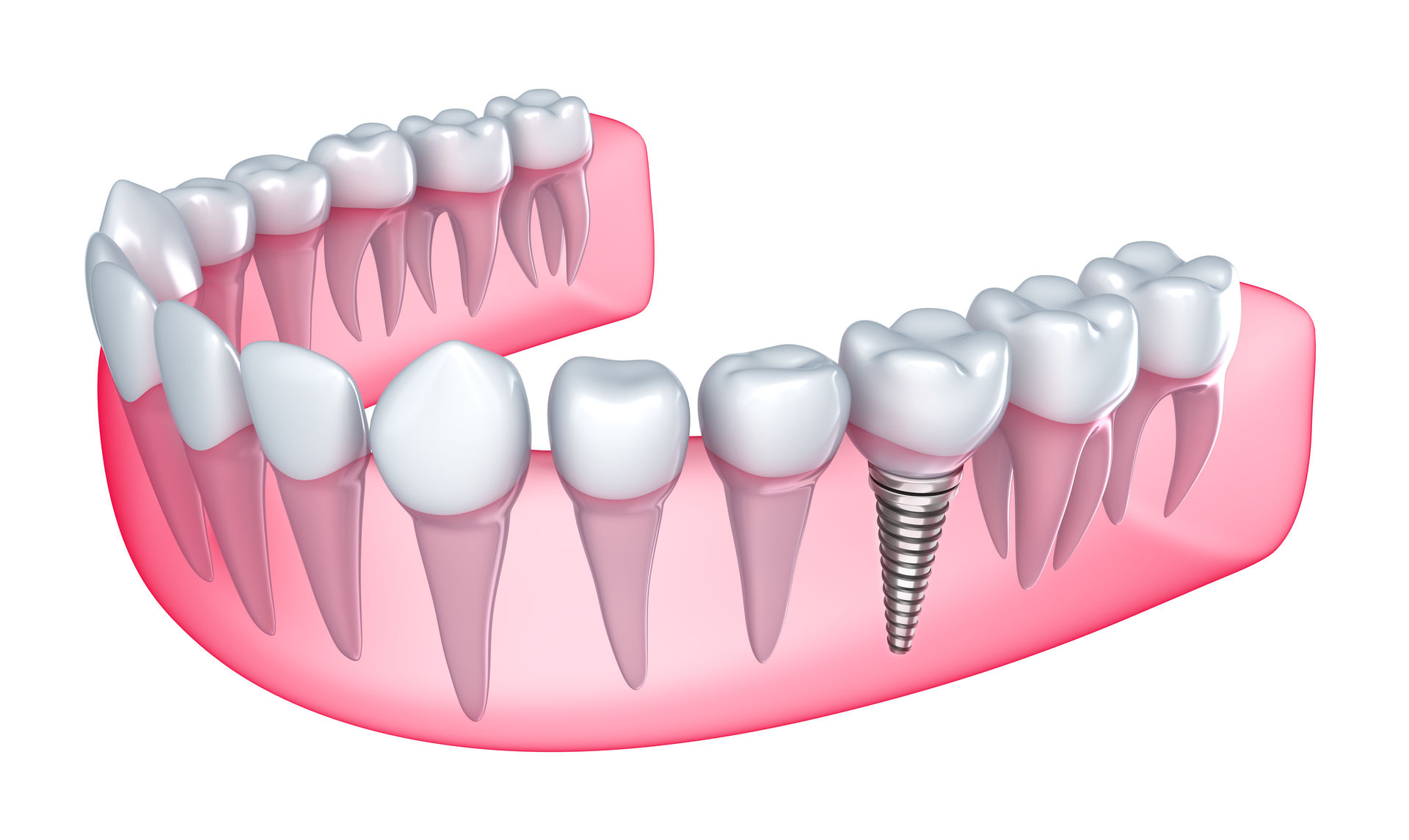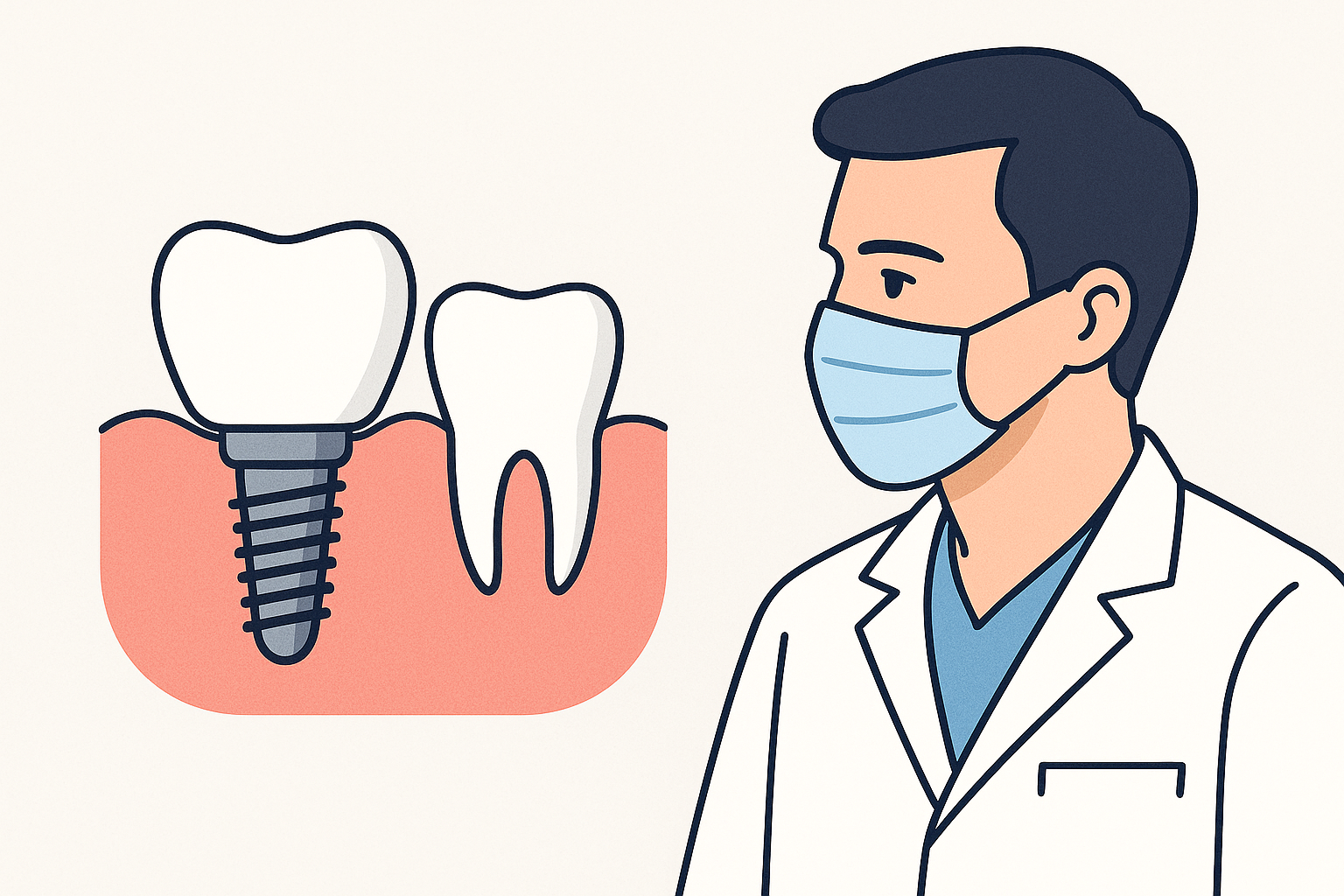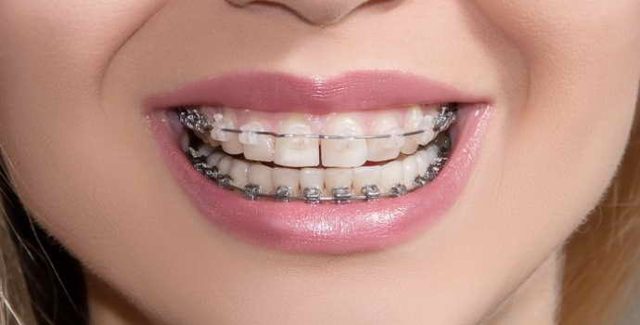Implantation is a modern and reliable method of restoring teeth. After engrafting the implant, you can simply forget that you once had an absent tooth. The implant can not accidentally come off as a bridge, the food does not fall under it, care of it includes oral hygiene in the morning and in the evening, the use of an irrigator and a visit to the dentist 1-2 times a year.
Nevertheless, we often meet with beliefs read somewhere on the Internet or heard in the company of friends who are absolutely wrong and which we want to appeal.
Installation of implants is very painful.
This is not true, even if you have a very low pain threshold. Bone tissue does not have pain receptors. Therefore, neither during the installation of the implant nor in the healing process does not hurt. During the operation, the pain also does not exist: modern anesthetics can remove all pain in soft tissues. Later, when the anesthesia goes away, of course it can get sick and sweat, but this is solved by taking an anesthetic drug.
Implantation may not work for me, because there are so many contraindications in it!
Implantology develops and absolute contraindications for implantology are few. Earlier, for example, a contraindication was the lack of bone tissue in the implantation area. Now this problem is eliminated. Old age is also not an obstacle for implantation, since this method of treatment has only the lower age limit – we do not recommend it to be done before the age of 18. Recently, our doctor put implants to the patient 77 years old and they successfully took root.
Myth №3:
Implants are often rejected.
This myth is based on people’s fear of surgical intervention. Even when implantology was only being created as a science, most of the installed implants took root and some of them, installed more than half a century ago, stands today. And modern implants, made of biocompatible materials, take root in 98-99% of cases. For those rare patients whose body refuses to take the implant, we recommend not to give up and perform one more operation. Of course, after implantation, it is necessary to visit the dentist at least the first year and a half regularly and then follow the hygiene recommendations.
Implantation is a new, unreliable experimental method.
The history of implantology has been calculated for decades, this method has passed from the category of experimental to standard methods of treatment. In the seventies of the 20th century, implantation was recognized by the American Dental Association as safe and effective. Implantology, like other sections of medicine, is constantly evolving and using modern materials, you can be sure, that no innovation is introduced into dental practice without long clinical studies, proving its safety and effectiveness.


